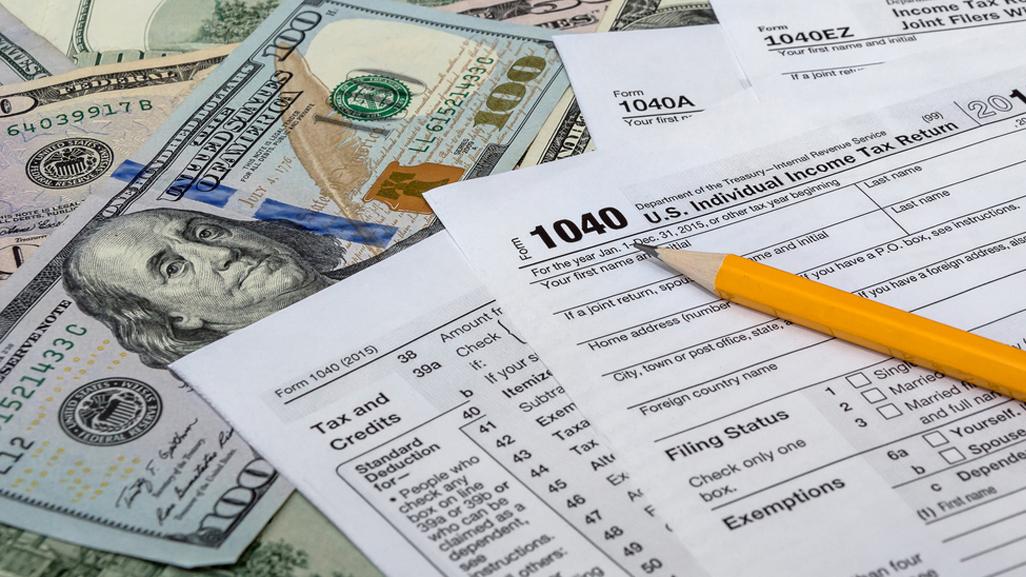Most Americans will spend their tax refunds on this
Despite an ongoing partial government shutdown, the Internal Revenue Service has recalled tens of thousands of workers to make sure taxpayers get their refunds this season – and a new study shows many might be waiting on that check.
More than 70 percent of Americans receive money back from the IRS during tax season. Last year, the average refund was more than $2,890, according to the agency.
This year, 27 percent of Americans plan to use their refund money to pay off debt, according to a study from GOBankingRates. People between the ages of 25 and 34 were even more likely to name debt as a priority – with 38 percent saying that’s what they planned to use their refund for.
The other top financial priorities among taxpayers this season are making a major purchase (9 percent), putting the money into a non-retirement savings account (9 percent) or investing it (9 percent). People between the ages of 25 and 34 were most likely out of any age group to name making a major purchase on a necessity item a priority, while those 65 and older were most likely to say they would splurge on a luxury purchase.
People between the ages of 35 and 44, as well as 55 and 64, were more likely than other demographics to say they would stash the cash in a retirement savings account.
Last year, many people planned to save their refunds, but nearly 30 percent said they ended up using it to pay off debt.
This year, the average person expects to receive about $3,000 back from the IRS.
However, some filers that did not check their withholding amounts might be in for a surprise. Experts warned that more people were at risk of having tax payments underwithheld under the new tax law, since employers were using W-4 forms already on file to calculate withholding amounts. These individuals could be stuck with a bill instead of a refund check come April.
CLICK HERE TO GET THE FOX BUSINESS APP
The good news for those that unintentionally did not pay their full liabilities this year is that the IRS will waive a penalty for taxpayers who fit certain criteria.
Tax season officially begins on Jan. 28.




















